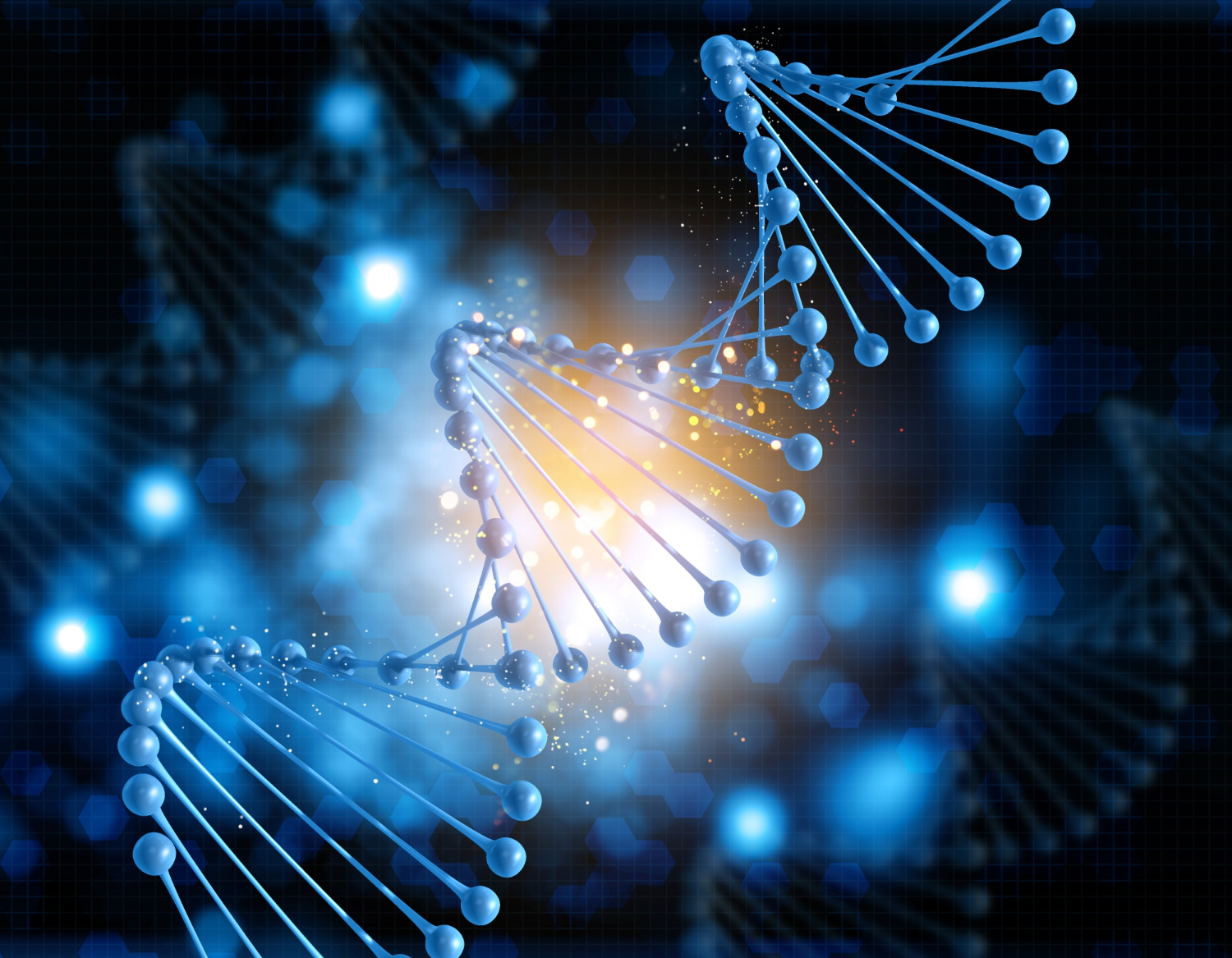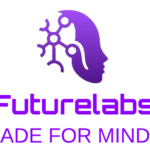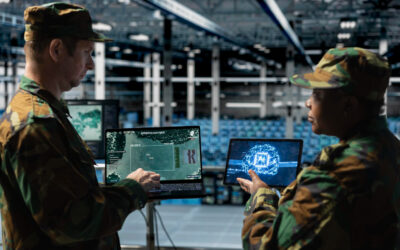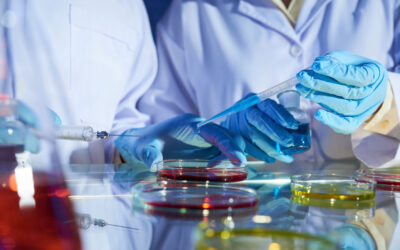Ray Kurzweil has accurately predicted many events that once seemed entirely implausible. He is one of the world’s leading technological prophets and claims that starting in 2032, we will stop aging thanks to AI.
The idea of immortality has been a dream of humanity since time immemorial. But according to Ray Kurzweil, one of the most influential futurists in the world and current principal researcher at Google, the possibility of halting aging and reversing biological age could be just a few years away from becoming reality.
Kurzweil, who has been correct in many of his past technological predictions, states that the convergence of Artificial Intelligence (AI), biotechnology, and nanotechnology will allow us, starting in 2032, to gain another year of life for each year we live, thus achieving what is called the “Longevity Escape Velocity.”
AI as the key to immortality:
In a recent interview with El País, Kurzweil elaborates on his vision for the future of humanity and how AI will play a key role in stopping aging and enhancing human biology. According to the technologist, science is already advancing toward a stage in which AI will be capable of developing personalized medical solutions in real time, accelerating drug discovery, and enabling human longevity to increase exponentially.
“Now, when you live one year, you lose another of your longevity. But around 2032, for each year you live, you will gain another. Your health will go back in time,” Kurzweil stated.
This concept is based on what he calls the “Law of Accelerating Returns,” which indicates that technological progress follows an exponential, not linear, curve. In other words, advances that once took decades to develop now happen in a matter of years or even months.
Nanorobots in the human body:
The next step. Another pillar supporting Kurzweil’s prediction is the use of nanorobots in medicine, a topic he addressed in his book The Singularity is Nearer and which has been analyzed in an article published by Popular Mechanics.
Nanorobots are silica spheres half a micron in diameter, coated with numerous urease enzymes. These react with the urea present in our urine and produce movement.
According to the futurist, within the next two decades, nanorobots will be able to circulate through the human bloodstream, repairing damaged cells, eliminating toxins, and rejuvenating organs and tissues. “Nanobots will be able to keep the body in an optimal state of health indefinitely. They could even completely replace biological organs if necessary,” he explains in Popular Mechanics.
In his vision of the future, the human body could be composed of more than 99.9% technology, even allowing for the full fusion between the brain and the cloud.
Reality or Science Fiction?
Accurate predictions. While many of his predictions have generated skepticism within the scientific community, the truth is that many of his past claims have ended up coming true. In his book The Singularity is Near, published in 2005, Kurzweil predicted that by 2029 Artificial Intelligence would surpass human intelligence—something that today seems increasingly plausible with the advancement of models like GPT-4, Gemini, or DeepMind.
The researcher insists that humanity is on the path to transcending its biological limitations and that, within two decades, we could reach a point where dying of old age is no longer an inevitability, but a choice.
Marc Mestres
Marc Mestres is a journalist specializing in social media and viral internet content. He writes for E-Notícies in the “Lo +” section, covering popular trends and viral topics.
Born in Sant Feliu de Llobregat in 1991, Mestres holds a degree in Journalism from Ramon Llull University (URL) and a Master’s in Digital Marketing from the International University of La Rioja (UNIR). He began his career with internships at Catalunya Ràdio and has since worked with several prominent media outlets, including Radio Marca Barcelona, El Nacional, and Mundo Deportivo. Currently, he manages content for Cribeo at La Vanguardia.






0 Comments